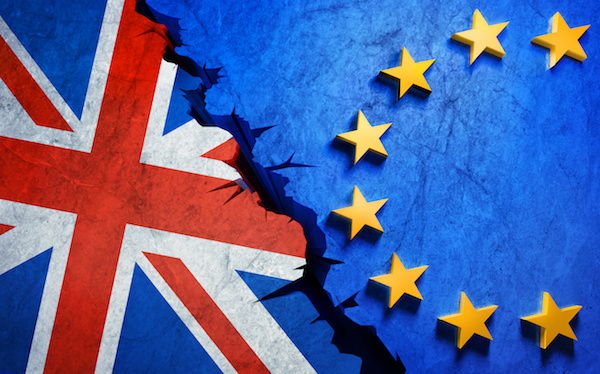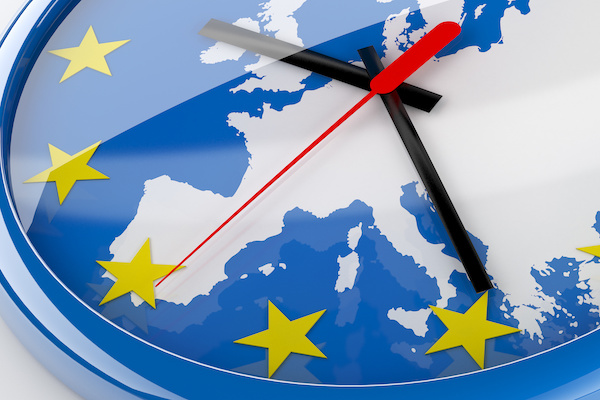27 March 2019
No-deal Brexit: what are the challenges the electricity sector is facing?


Last Thursday, during the European Council, the 27 Member States agreed to give Prime Minister Theresa May the opportunity to postpone the Brexit date only until the 12th of April in order to give the British Parliament enough time to vote, for the third time, the withdrawal agreement. If the deal is approved, the EU will extend the Brexit deadline until 22 May. Yet, the odds for a no-deal scenario remains. In the light of the political uncertainty, France and the EU have prepared for such a scenario in the last few months to reduce as much as possible the incidence of what could be a chaotic exit for European firms as well as citizens.
Despite the conclusion of a withdrawal agreement last November between the United Kingdom and the EU, Prime Minister Theresa May has, until then, not been able to secure the approval of the British members of Parliament. After rejecting Theresa May’s deal twice, the issue remains, more than ever, uncertain.
Will the light turn off?
A no-deal scenario would mean that the UK would no longer be part of the internal electricity market. Therefore, the European market coupling, which aims to facilitate trade in short and long-term electricity markets will no longer apply. Nevertheless, electricity will still flow between the UK and France! Several measures have been put in place to ensure security of supply and maintain electricity trading. On 14th and 16th March, the French Energy Regulator CRE approved the return to explicit auctions to carry on allocating interconnexion capacity between France and the UK.
If the operating conditions of the existing interconnexions are clearer, some questions remain regarding future investment. To address this issue, the French regulator decided in November 2017 to suspend the review of the IFA 2 project, a submarine interconnexion between France and England, until the end of the Brexit negotiations. In a European interconnected network, this uncertainty also has impacts on the neighbouring countries, especially concerning the interconnexions between France and Ireland. To that extent, UFE recently supported the approach suggested by CRE regarding the Celtic Interconnector project to limit additional costs for French consumers. However, Brexit remains a serious concern regarding the European carbon market especially considering that the 2017 reform has slowly started producing effects.
What are the implications for climate and environment?
From a technical point of view, when it comes to the reduction of greenhouse gas emissions, or the development of energy efficiency and renewable energy, Brexit will have no direct consequences on the energy and climate commitments made by the EU. In late January 2019, the European institutions reviewed the 32,5 % energy efficiency target for 2030 set in the Clean Energy Package for all Europeans, in order to adapt it to an EU with 27 States.
In the end, on a political level, the Brexit will, above all, impact the European ambition regarding the climate. In 2019, the European Union will have to define its strategy regarding its climate long-term ambition. Therefore, the departure of the UK is regrettable considering the weight the country has had within the Council’s discussions and given the commitment of the country to decarbonize its energy mix, as illustrated by its support to the introduction of a carbon price floor.
It is time to emerge from the uncertainty Brexit has created regarding our future relations in order to give more visibility to the stakeholders. The European electricity system will undoubtably play a major part in a less and less carbonized Europe where renewables will be more than ever present. In any case, the ecological transition will require massive investments. Not only will such investments be beneficial for the environment, but they will also benefit to Europe’s wealth, especially with the strengthening of the interconnexions between neighbouring countries that are EU or non-EU Members. Three years after the vote on Brexit, the electricity sector is properly prepared in case of a No Deal. Now is the time to look at the future.
Find out more
02 June 2020
“Long live Europe”: it’s time for Europe!
25 February 2020
Brexit: love last 47 years


About us
The Union of the French Electricity Industry is the trade association of the French electricity sector. We bring together companies from the whole value chain of the electricity industry.
Find out more









